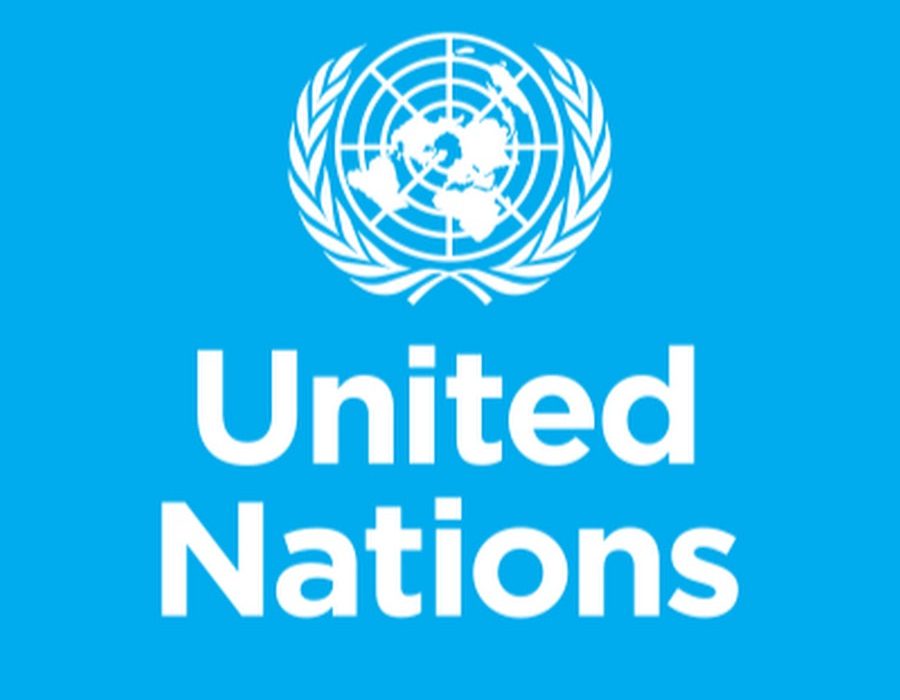NEW DELHI, June 20: India has described as “highly misplaced” the concerns expressed by the United Nations body on the liberty over freedom of expression and speech in the country.
The government pointed out that the Ministry of Information and Broadcasting undertook broad consultations in 2018 with various stakeholders before finalising the new Information Technology Rules.
In reply to concerns raised by the UN Special Rapporteurs to the Government of India on June 11, the Permanent Mission of India to the United Nations Office and other international organisations in Geneva, said the ministries “undertook broad consultations in 2018 with various stakeholders, including individuals, civil society, industry association and organizations and invited public comments to prepare the draft rules. Thereafter an inter-ministerial meeting had discussed in detail the comments received in detail and, accordingly, the rules were finalised”.
The new IT rules, or the Information Technology (Intermediary Guidelines and Digital Media Ethics Code) Rules, 2021, were notified by the Central government on February 25. They came into effect on May 25, and have led to a storm over compliance.
In a statement on Sunday, the government said the Permanent Mission has informed the UN Rapporteurs: “The concerns alleging potential implications for freedom of expression that the new IT rules will entail, is highly misplaced. India’s democratic credentials are well recognized. The right to freedom of speech and expression is guaranteed under the Indian Constitution. The independent judiciary and a robust media are part of India’s democratic structure.”
It further said the traceability of the first originator of problematic content, which, the industry has argued would break end-to-end encryption, seeks only limited information.
“Only when a message already in public circulation is giving rise to violence, impinging on the unity and integrity of India, depicting a woman in a bad light, or sexual abuse of a child and when no other intrusive options are working, only then the significant social media intermediary will be required to disclose as to who started the message,” the government said in its statement.
The rules require significant social media intermediaries (with over 50 lakh registered users) providing services, primarily messaging services, to enable identification of the first originator of problematic content that may harm the country’s interests and several other provisions described in the rules.
The June 11 letter was written by the UN Special Rapporteurs – Irene Khan, on the promotion and protection of the right to freedom of opinion and expression; Clement Nyaletsossi Voule on the rights to freedom of peaceful assembly and association; and Joseph Cannataci on the right to privacy.
The UN Special Rapporteurs are in charge of holding inquiries into violations and intervening on specific issues or urgent situations.
In their communication, they said the IT rules did not appear to meet the requirements of international law and standards related to the rights of privacy and freedom of opinion and expression, as protected by Article 17 and Article 19 of the International Covenant on Civil and Political Rights, acceded by India on 10 April 1979.
They further said the rules put the undue onus on companies to do proactive content monitoring that could lead to over compliance and suppress legitimate expression.
(Manas Dasgupta)

